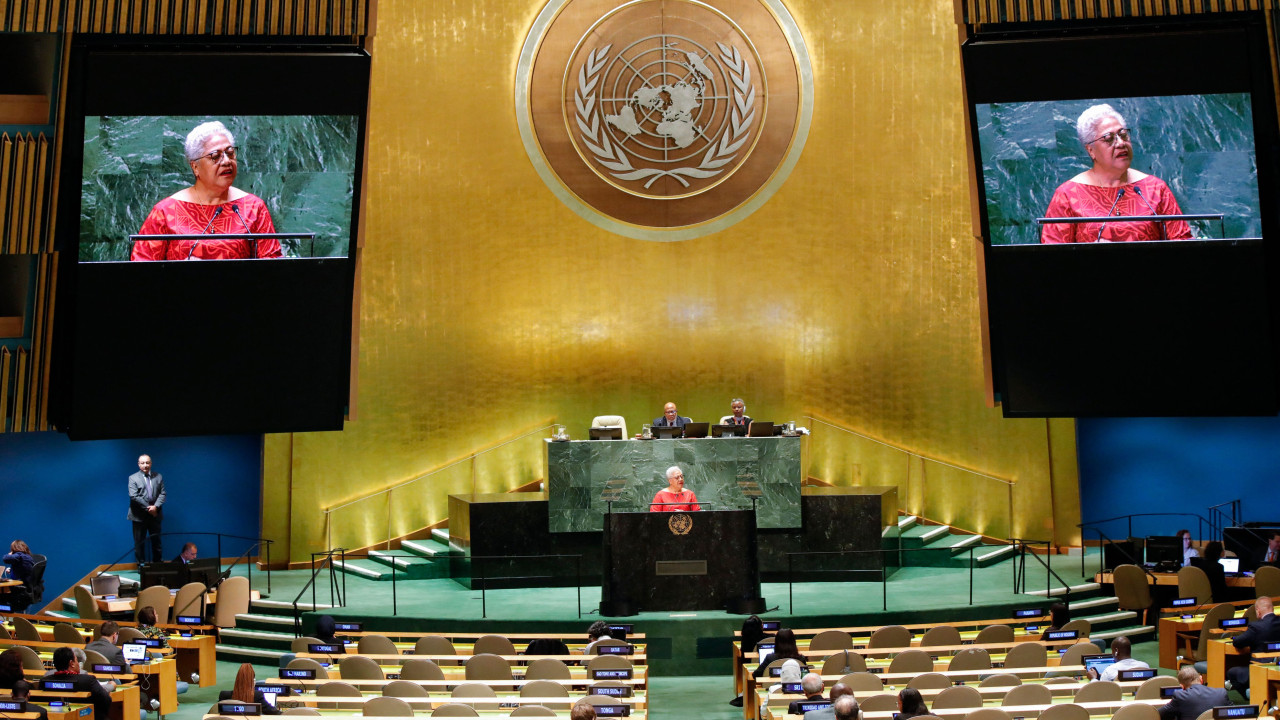
Dand according to data presented by the office of the president of the General Assembly, this number is even lower than last year, when 23 women spoke out of a total of 190 speakers, which highlights the UN’s inability to move forward with one of the “millennium goals” , which is to increase the number of women in decision-making bodies.
In total, 88 heads of state and 42 heads of government spoke during the high-level UN week, and the rest of the delegations were led by foreign ministers, deputy ministers or, in some cases, the ambassador to the UN.
Morocco was one of six countries that chose to be represented by their ambassadors at the most important forum in world diplomacy.
It was Omar Hilale, Moroccan ambassador to the UN for 15 years, who spoke, being the last country to do so at this year’s session of the General Assembly.
It was the first time in many years that Morocco opted for such a low representation.
Only five other countries – Vanuatu, Canada, San Marino, Benin and North Korea – chose to be represented by their ambassadors to the UN.
In the case of Canada, Prime Minister Justin Trudeau participated last week in several parallel events and maintained an intense schedule of contacts, however, leaving the country’s intervention to its ambassador.
The underrepresentation of women is a recurring problem due, above all, to the scarcity of women in positions of head of state and government around the world, a situation that the UN has denounced for years – although its general secretariat has never been led by a woman.
According to the latest figures from UN Women, only 15 countries in the world have a female head of state and 16 have a female head of government. At the current rate, it would take 130 years to achieve gender equality in this area.
The percentage improves slightly at ministerial level: 22.8% of ministers in the world are women, and only 14 countries have managed to achieve ministerial parity, although almost always in portfolios such as “Family” or “Social Affairs”.
As for national Parliaments, women managed to exceed a quarter of the total number of seats: they now represent 26.5% worldwide, compared to 11% in 1995. This increase is largely due to the introduction of female representation quotas in many countries.
Read Also: British minister defends reform of the UN Refugee Convention
All News. By the Minute.
Seventh consecutive year Consumer Choice for Online Press.
Download our free App.

Source: https://www.noticiasaominuto.com/mundo/2407845/apenas-20-mulheres-discursaram-na-assembleia-geral-da-onu-este-ano


